
News writer; Opinion columnist
Every lottery player has a system. Specific numbers they always play, certain days when they buy tickets, or signs they look for before playing. The biggest problem with these systems is that they don't work. You can play the same lucky numbers 1,000 times in a row and never win a dime.
Because lotteries are based on random chance, an actual system that tips the odds in your favor is impossible. Or at least it should be impossible.
In 2020, a group of Princeton graduates seems to have devised a system that generates winning lottery tickets, and they have $6 million in prizes to back up their claims.
The team
It is easy to search the internet and find people selling plans to help you win the lottery. Most of these are scams, and all of them are fake. A group of statistics professors devised a way to guarantee wins, but you had to spend more money than you would get back for it actually to work.
Now, however, a group of former Princeton students are believed to have cracked the system, and they have the winning tickets to prove it. They had been trying to fly below the radar but were discovered when their leader, Manuel Montori IV, cashed in 61 Indiana State Lottery tickets worth $88,000 on the same day.
Montori is acting in concert with fellow Princeton graduates Matthew Gibbons, Hannah Davinroy, and Zoë Buonaiuto, all of whom are associated with Black Swan Capital LLC., a company founded by Montori.
A Black Swan refers to a surprising or unexpected event that has a major impact on the world. If Montori and his friends really cracked the code to beat the lottery, that would be one of the most significant black swans ever.
The system
So, what exactly is this master plan that has led to incredible riches? Well, logically enough, the group isn't saying how they do it. However, because lottery records are public, we can tell quite a few things about how they've done it.
For example, all of their 61 winning Indiana Lottery tickets were from the same $30 scratcher game, $7,000,000 MEGA CA$H.
Following public records, it appears the group went on an 18-month lottery ticket-buying bender across several different states, culminating in a $5 million win from a scratcher ticket Montori purchased in Missouri.
Their other big wins included $121,000 they collected from another Missouri Lottery ticket in September 2020, a $1,000,000 jackpot they cashed in with the DC Lottery on December 16, 2019, and a $100,000 win also from the DC Lottery on March 25, 2019.
The group almost won another million from a second chance lottery drawing but just missed and collected $500 instead.
And, of course, it's entirely possible that the group has other wins that haven't been discovered yet.
Shopping spree
There is one thing that is known with certainty about the group: they buy a lot of lottery tickets. And when we say a lot, we mean more than most people will buy in a lifetime.
In Indiana alone, for example, they purchased thousands of tickets for MEGA CA$H as the game neared its end.
Darian Crites, a manager at Smoke 'n' Lotto in Bloomington, Indiana, had a front-row seat to the group's frenzied buying spree. He told the IndyStar:
Basically, they would clean us out.
According to Crites, Hannah and Zoe visited the store several times and would buy as many as four hundred tickets on a single trip. They told Crites that they were conducting research and would buy out his entire stock of MEGA CA$H tickets. They even asked to be notified when he received more.
Crites estimates that they spent $48,000 to purchase 1,600 scratcher tickets. According to Indiana Lottery records, Montori's 61 winning tickets were purchased from four dozen different lottery retailers located in cities throughout the state, including Mishawaka, Corydon, Indianapolis, Richmond, and Terre Haute.
While it's impossible to know precisely how much they spent if the group bought as many tickets at the other stores as they did at the Smoke 'n' Lotto, they would have paid $2.3 million without factoring in the expenses of traveling across the state.
And that was just the start of their shopping spree.
The group also purchased thousands of $5,000,000 CASH EXTRAVAGANZA tickets from a Break Time convenience store in Colombia, Missouri.
To win the game, players have to match one of their twenty numbers to the game's eight winning numbers to take home a jackpot of $5 million.
A Break Time store manager told IndyStar.com that the group was purchasing 20 books of tickets three times a week for several weeks. Given the price of the ticket, they were spending $8,000 on lottery tickets on each visit.
According to the manager:
They were doing the same thing, I think, at at least two other stores. And I think there's another store in another town that they were doing it, buying from them too.
If that's the case, the strategy paid off big time. They found the final jackpot on one of the $5,000,000 CASH EXTRAVAGANZA tickets, and Montori showed up at the state lottery office to collect the big prize.
Cash and data
The question is, was this a case of dumb luck combined with copious amounts of cash, or was there a legitimate strategy involved?
We do know that they went on their CASH EXTRAVAGANZA buying spree close to the game's closeout date when there was still one jackpot outstanding.
That's led to speculation that their technique involves scouring publicly available data to identify games with a limited number of unsold tickets as well as unclaimed jackpots. They would then buy up huge amounts of tickets with the idea that they could tip the odds decisively in their favor through the sheer volume of tickets they controlled
This idea was supported by Jeffrey C. Miecznikowski, a Biostatistics professor at SUNY University of Buffalo, New York:
I think a good analogy is that needle-in-the-haystack type of thing, where the more information you have, the more hay you're likely to be able to remove, to where your chances of finding the needle are much, much better. I think that's most likely what's going on here.
Did it work?
It's important to note that the group has not been accused of committing a crime or doing anything outside the rules of the various lotteries they participated in. Officials in every state where they won say they vetted them by the same standards they would use for any other winner and found no wrongdoing.
It's also good to keep in mind that it's unclear if the group actually made money from their scheme. While public records show they collectively won $6 million, how much money they spent buying tickets is unknown. However, based on their activity, it's reasonable to assume that they were spending hundreds of thousands of dollars at a minimum.
They only hit one major jackpot after buying thousands of tickets, as well as a few more minor ones.
Phillip Stark, a statistics professor at the University of California-Berkley, says while the group could increase their odds of winning, it would be difficult to do so enough to be able to consistently depend on finding tickets with large prizes:
That would still be shooting in the dark with better odds but not with a real strategy for winning. Somebody doubled their odds, but they haven't made their odds into a reasonable investment.
Who is the black swan?
Very little is known about the group besides their names and where they've won their prizes. They have so far refused to participate in any interviews and have generally kept a low profile. Montori is known to have lived in New Jersey and Florida and is thought to be the son of a Peruvian businessman. He graduated from Princeton in 2017, and before that, he attended Phillips Exeter Academy in New Hampshire, one of the most elite private schools in America.
Other than that, however, very little is known about him or his group other than that they all attended Princeton together, and they have collectively refused to comment on their activities any time they were contacted by a reporter.
The only known public comment by a member of the group is from Buonaiuto, who told a reporter who reached out to her in 2020:
Call me back in a year. I'm happy to talk to you in a year... It's exciting.
A search of publicly available records, such as LinkedIn profiles, shows that members of the group are working at different jobs around the country. Davinroy is an analyst at Bloomberg NEF, and according to her LinkedIn page, Buonaiuto is an associate director of business incubation at the University of Arkansas in Fayetteville.
As of today, there is no indication if they're still pursuing their lottery scheme.
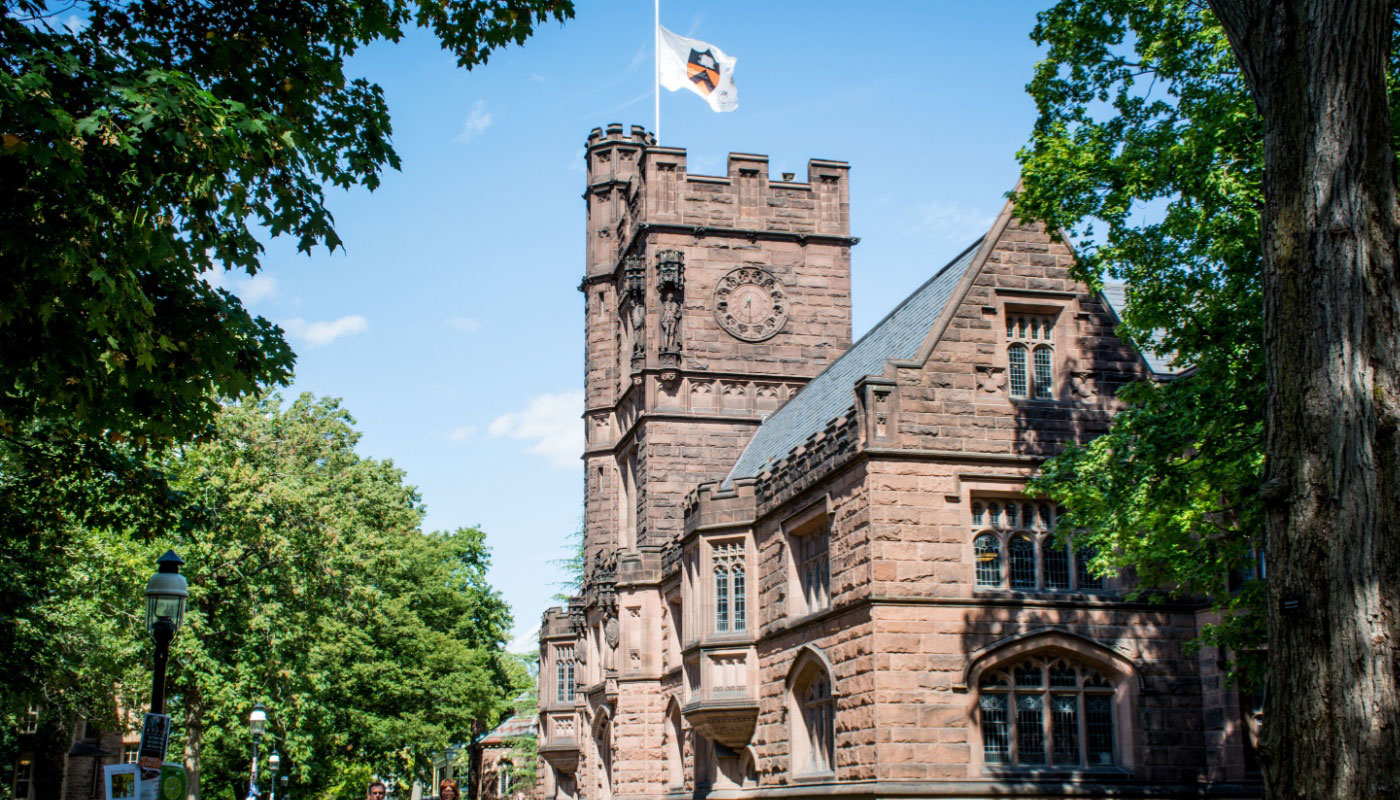
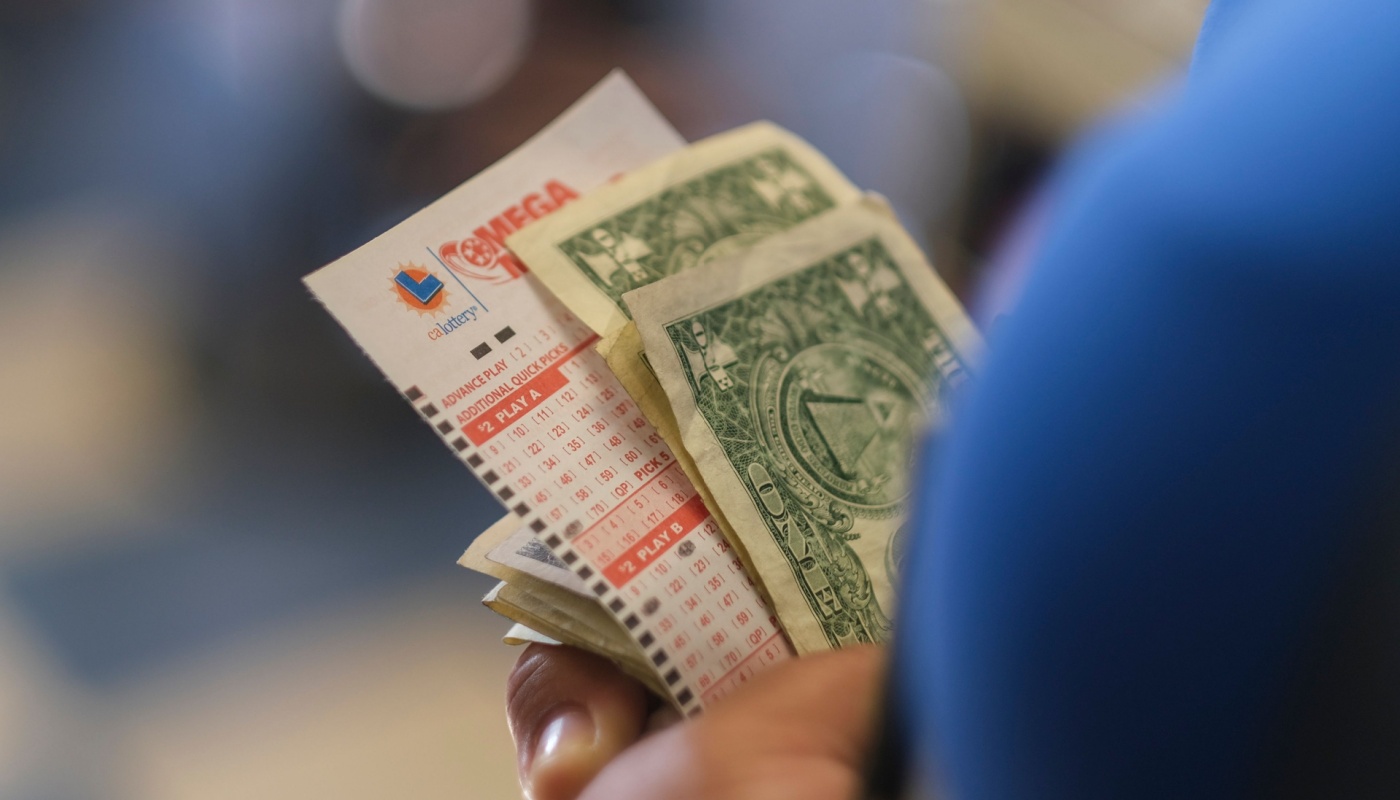

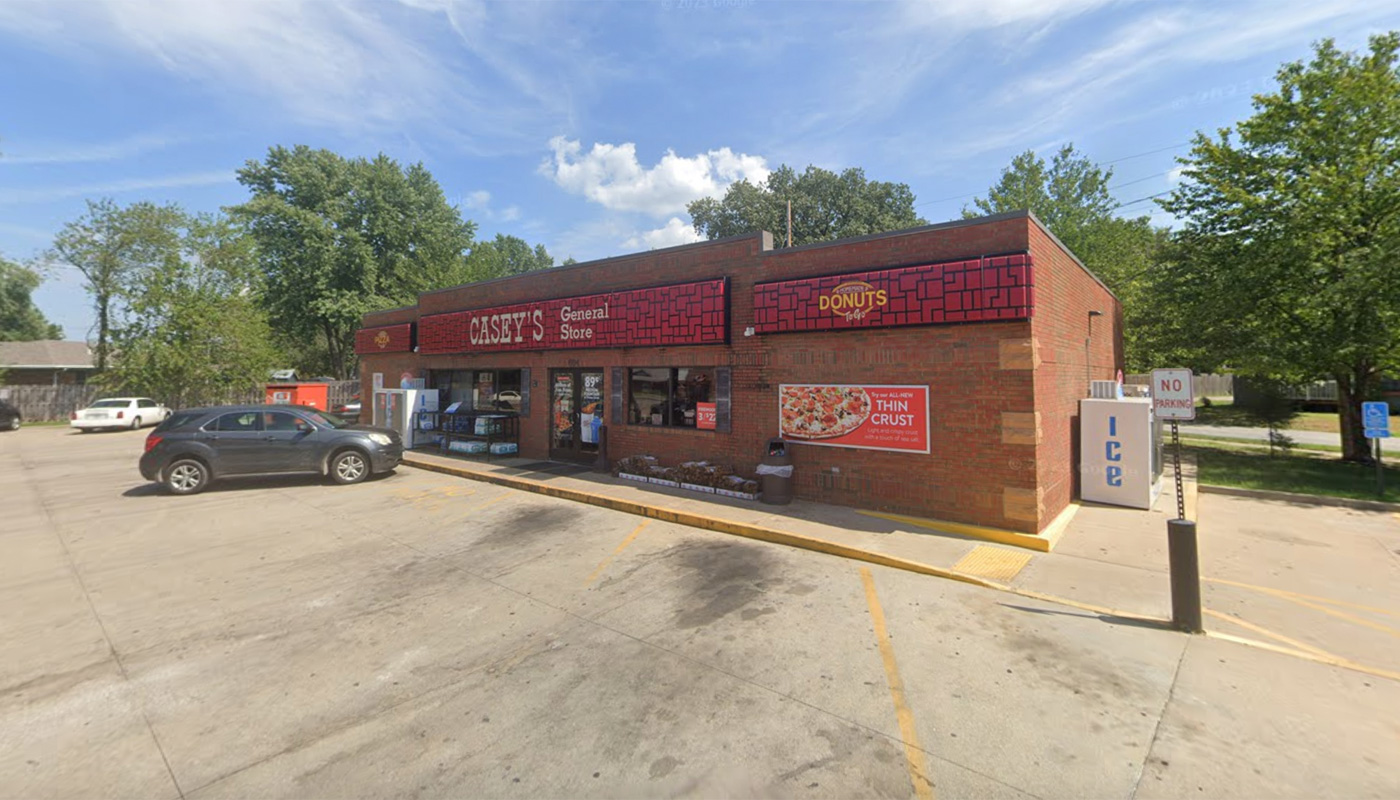

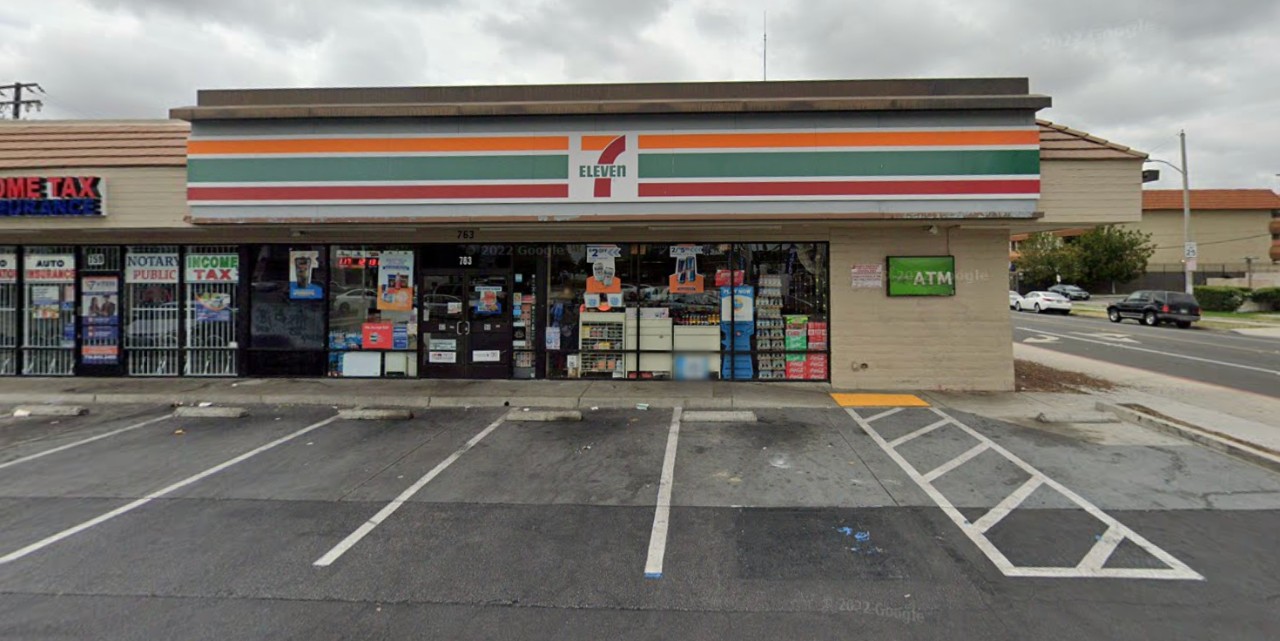

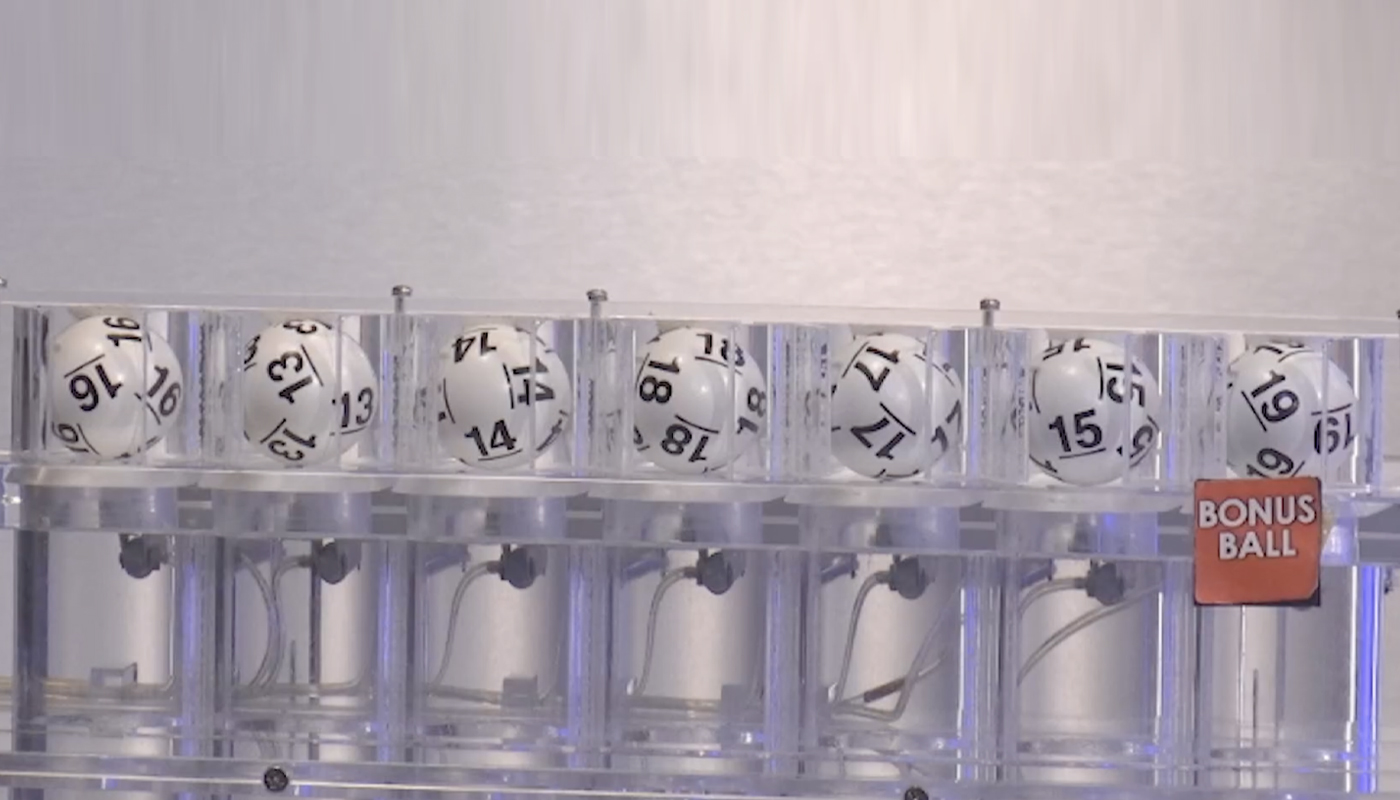

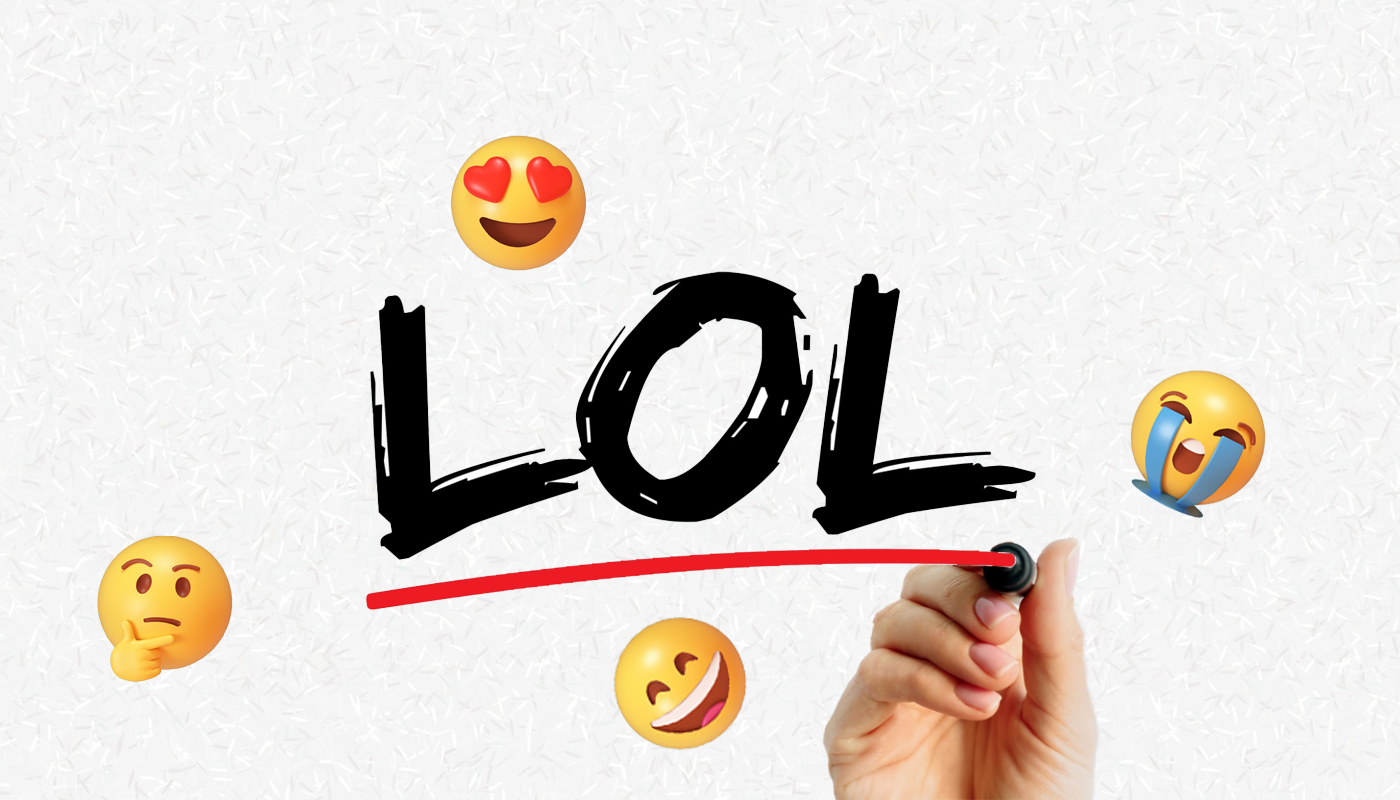
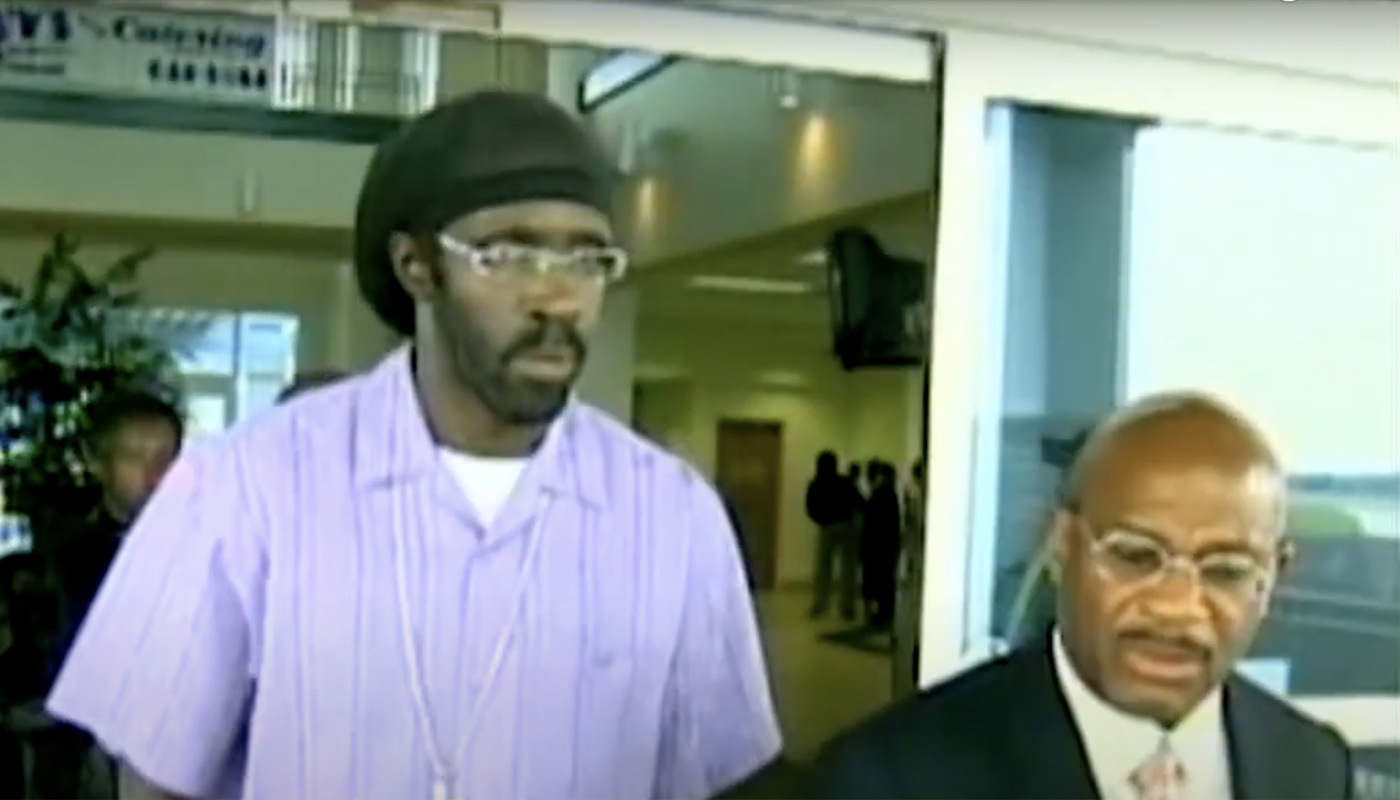
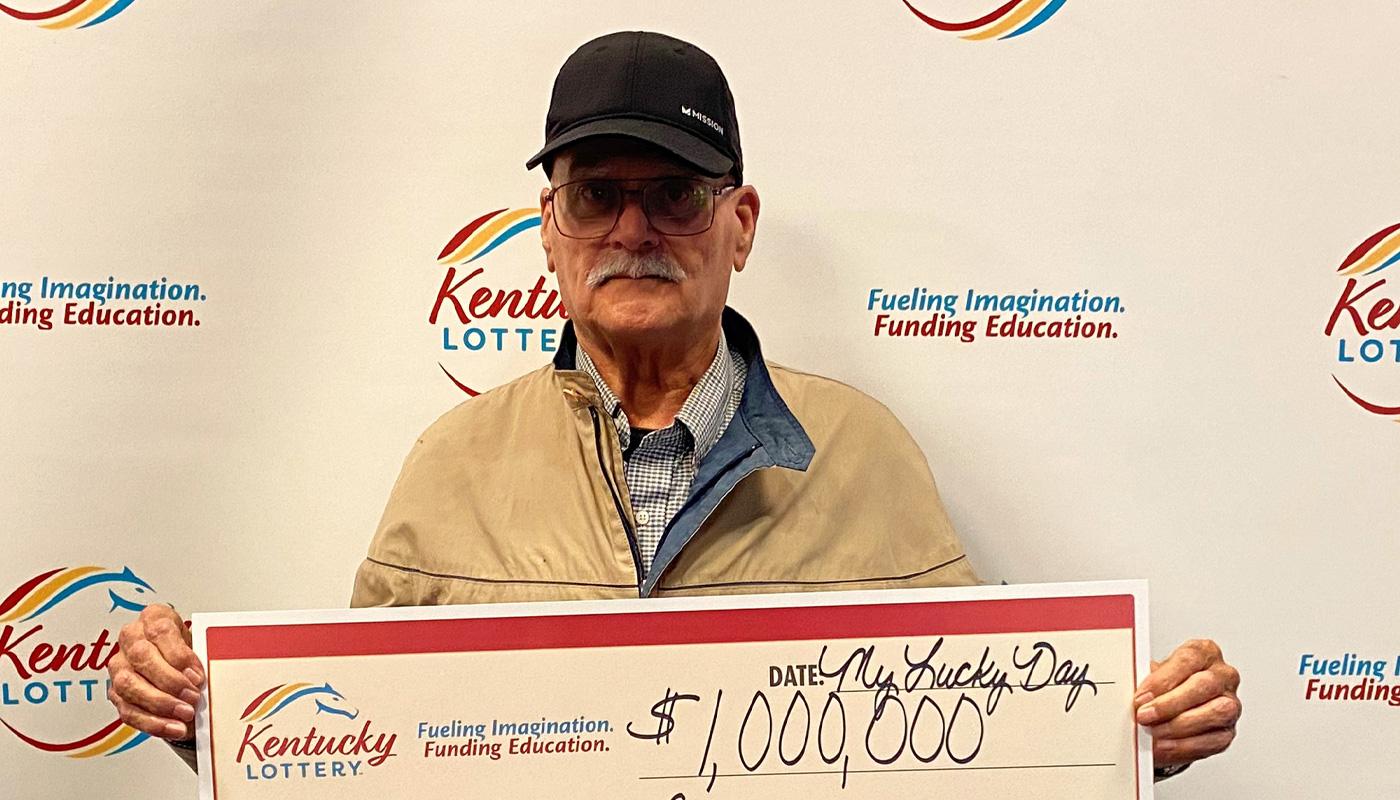








Comments